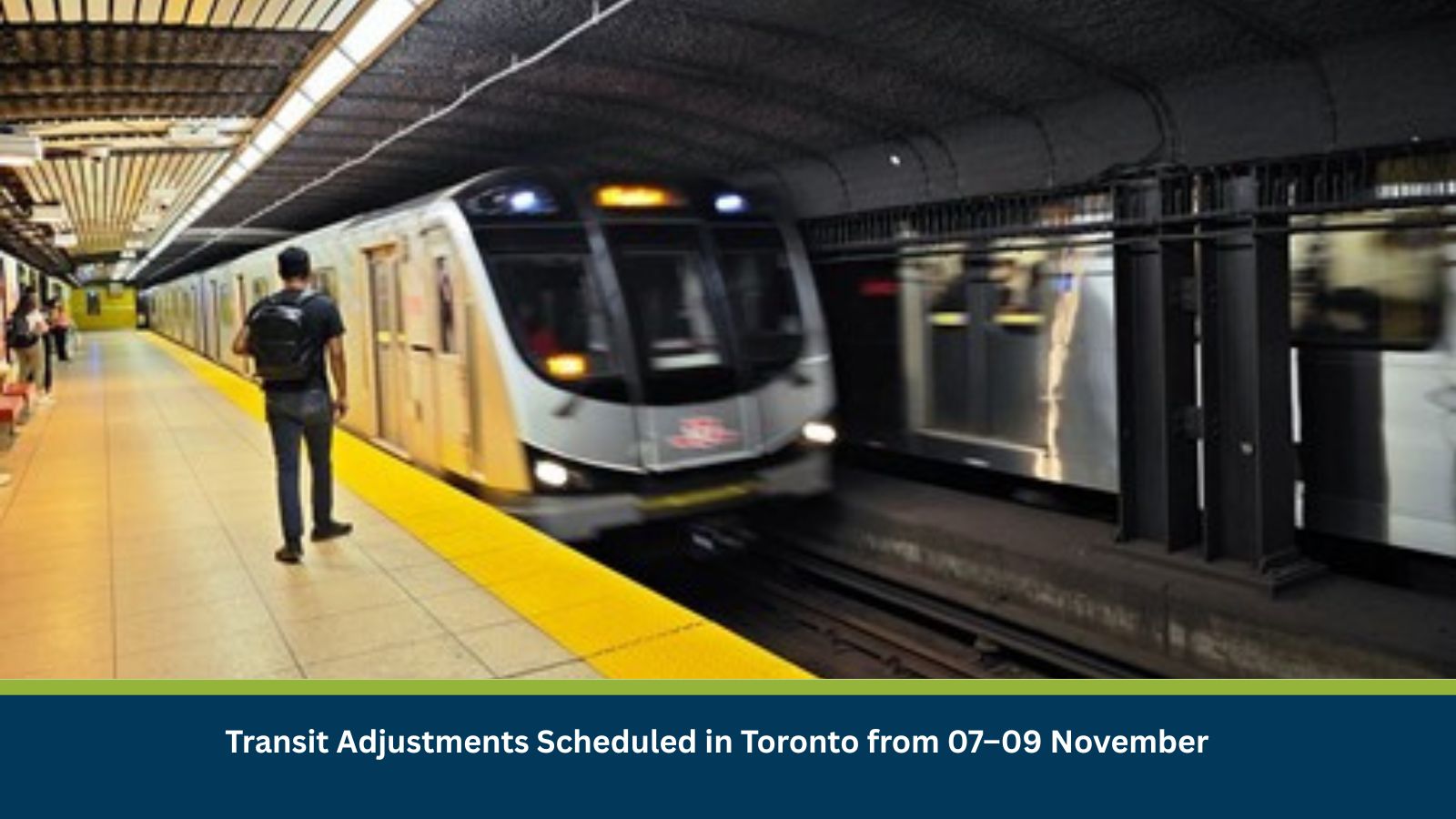What Is Risk Analysis in the Context of Urban Transit Events
Transit-system risk analysis assesses how planned or unplanned service changes influence urban mobility, economic activity, and commuter safety.
In Toronto, weekend maintenance closures by the TTC and Metrolinx are essential for system reliability but routinely cause temporary congestion and travel delays.
The 7–9 November 2025 adjustments impacting the UP Express (Union Station ↔ Pearson Airport) and a segment of TTC Line 1 represent a predictable, low-hazard yet high-visibility event requiring early commuter coordination and business-continuity preparedness.
Executive Summary
- Date of Event: 07–09 November 2025
- Location: Toronto, Ontario, Canada
- Risk Category: Travel Risks
- Severity Score: 3 / 5
- Confidence Level: 90 %
Planned transit adjustments will suspend UP Express operations and close a portion of TTC Line 1 for maintenance, with shuttle-bus replacements in place. While such weekend work is routine, it reliably leads to 72 hours of moderate congestion and extended journey times. The risk of casualties is negligible, but operational and economic ripple effects especially for airport travelers and downtown businesses—justify a moderate severity rating.
Known Hotspots and Sensitive Areas
- High Impact: Union Station, Pearson International Airport, downtown core (Yonge–University corridor).
- Medium Impact: Bloor–Yonge, St George, and Eglinton interchanges where commuters reroute.
- Low Impact: Outer boroughs and GO Transit corridors with independent service lines.
These zones will experience heavier pedestrian flow and road traffic as commuters shift to surface transit and rideshare options.
Impact on Infrastructure and Services
- Mobility: Expect slower travel times citywide, with shuttle-bus congestion along Line 1.
- Business Operations: Reduced footfall for retail and hospitality near affected routes; minor staff-arrival delays.
- Supply Chain & Deliveries: Localized courier and service-vehicle delays; no major freight disruption.
- Environment: Short-term emission rise from diesel shuttles and added car use.
- Safety: Low risk; standard TTC crowd-management procedures in place.
Recommended Actions
- Employee Advisories: Issue detailed commute guidance by 5 Nov — alternate routes, shuttle info, and travel-time buffers.
- Flexible Work Arrangements: Enable remote / staggered schedules for affected staff; provide temporary transit reimbursements if needed.
- Client Communication: Notify partners of possible appointment or delivery delays; share virtual-meeting or off-peak alternatives.
- Operational Briefing: Hold inter-department review (HR–Ops–IT) before 6 Nov to align attendance, coverage, and remote-access support.
- Winter-Readiness: Monitor early-snow forecasts and equip shuttle corridors with de-icing and emergency-response readiness.
Multidimensional Impact
The event coincides with early-season snowfall forecasts (09 Nov) a compound risk increasing road congestion and minor commuter-safety challenges. Temporary pressure on city road networks, ride-hail platforms, and shuttle capacity is expected. No systemic utility or security implications are foreseen, but service-sector productivity may decline modestly over the weekend. Environmental and social impacts remain transient, limited to elevated emissions and mild commuter frustration.
Emergency Contacts
- Police: 911 / non-emergency 416-808-2222
- Fire Department: 911 / non-emergency 416-338-9100
- Ambulance / Health: 911
- City Information: 311
- City of Toronto
- Toronto Transit Commission (TTC)
- Metrolinx (GO Transit/UP Express)
Final Thoughts
Toronto’s scheduled UP Express and TTC Line 1 maintenance underscores the city’s reliance on continuous transit upgrades for long-term resilience. Though not an emergency, the disruption’s scale demands proactive commuter planning and flexible workplace policies to sustain operational continuity. Organizations that treat predictable service outages as stress-tests for mobility resilience ensuring communication clarity, digital readiness, and staff flexibility—will navigate the weekend with minimal disruption and enhanced preparedness for future infrastructure events. Stay ahead of operational risks with real-time alerts, scenario modeling, and expert advisories with datasurfr’s Predict. Start your 14-day free trial of Datasurfr’s Risk Intelligence Platform today.






